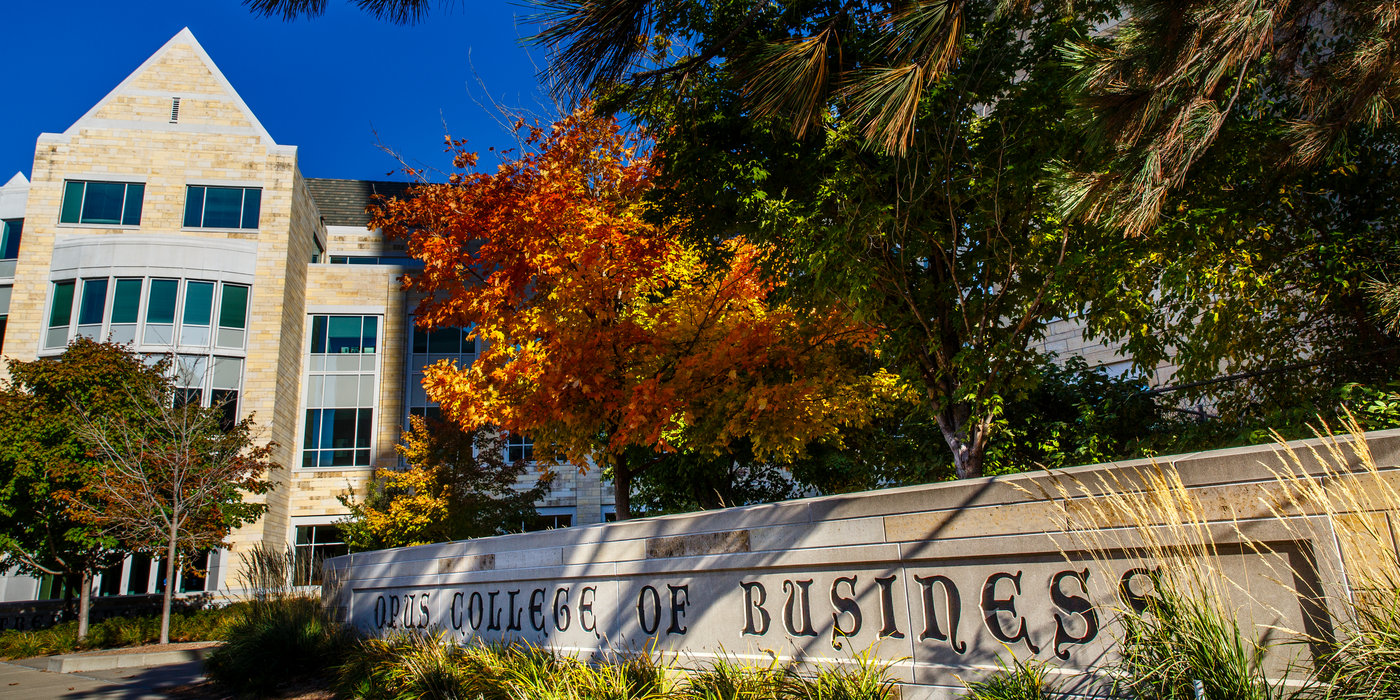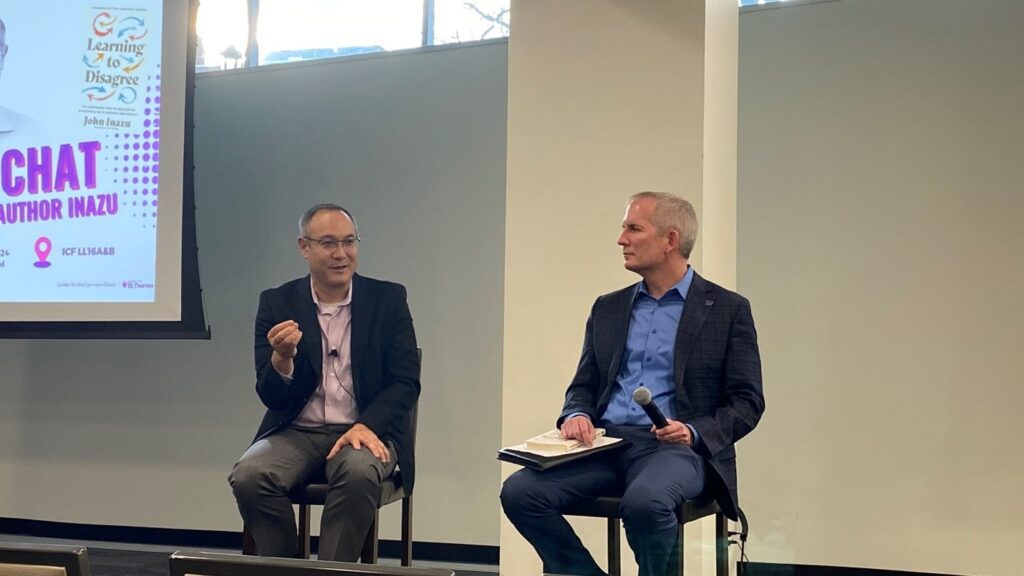Economy of Communion (EOC) companies share a set of values they see as the foundation for business practices and culture that emphasizes "giving" over a culture of "having" or "receiving." The EOC currently includes 850 or so participating businesses worldwide, which have drawn the interest of entrepreneurs, economists and scholars due to their unique focus on business management and culture.
EOC businesses operate as for-profit enterprises, competing in the marketplace alongside other, more traditional businesses. Their hope is that through ethical practices and the spirit of community they can contribute to greater unity, or communion, in the world. Like the Focolare ecclesial movement in which EOC has its roots, it focuses on dialogue as a method, for building bridges and relationships of fraternity among individuals, peoples and cultural worlds. The centrality of relationships in the workplace – with customers, clients, financiers and society at large – is a key element in the EOC perspective. Personal growth and development, cultivating workplace harmony and sharing profits with the poor are also key to their approach.
The Sixth Annual Higher Calling Series, co-sponsored by the Veritas Institute of the Opus College of Business, the John A. Ryan Institute for Catholic Social Thought and the Habiger Institute for Catholic Leadership of the Center for Catholic Studies, explored the EOC and its presence in business. Keynote speeches were delivered by EOC entrepreneurs:
Nicola Sanna, managing partner, Crescendo Partners and formerly CEO of Netuitive, a pioneer in behavior-learning technology for IT, shared some of his experiences in EOC from an international perspective and spoke of the importance of creating personal relationships and connections within business.
John Mundell, founder and president/CEO of Mundell & Associates Inc., an earth and environmental consulting business in Indianapolis, provided tangible examples of the EOC principles enacted within his business and through his employees. He acknowledged that many business owners and companies seek to do good works with good hearts, but shared, “We desire an added dimension, an intangible but nevertheless real product: communion.” He also introduced the audience to The Company Cube, a symbol and a tool he employs to incorporate EOC values into daily work life, encouraging a more positive work environment.
John Gallagher, Ph.D., professor of management at Maryville College, and a member of the faculty at the University of Tennessee’s Center for Executive Education in Knoxville, presented his analysis of the EOC following a multi-year research project involving more than a dozen U.S.- and Canadian-based EOC companies. This research culminated in the recent publication of Structures of Grace: The Business Practices of the Economy of Communion, co-authored with Jeanne Buckeye, Ph.D., John A. Ryan Institute’s interim director and faculty member in the Opus College of Business.
Attendees enjoyed a meal and conversation about what they had heard. Everyone reconvened for a Q&A session with panelists Buckeye, Gallagher, Mundell and Sanna. In the context of the discussion, Buckeye advised individuals to “lead from where you are” in a work setting. Panelists also talked about the importance of recognizing others as “who” they are, rather than “what” they are in their transactional role.
As one participant commented, the EOC seeks to honor an individual’s need for authenticity and wholeness, rather than the traditional divided life in our society. While many in the audience were not familiar with the EOC prior to attending the event, the evening provided even more interest about humanizing companies and corporations that respect the inherent dignity of each person.







